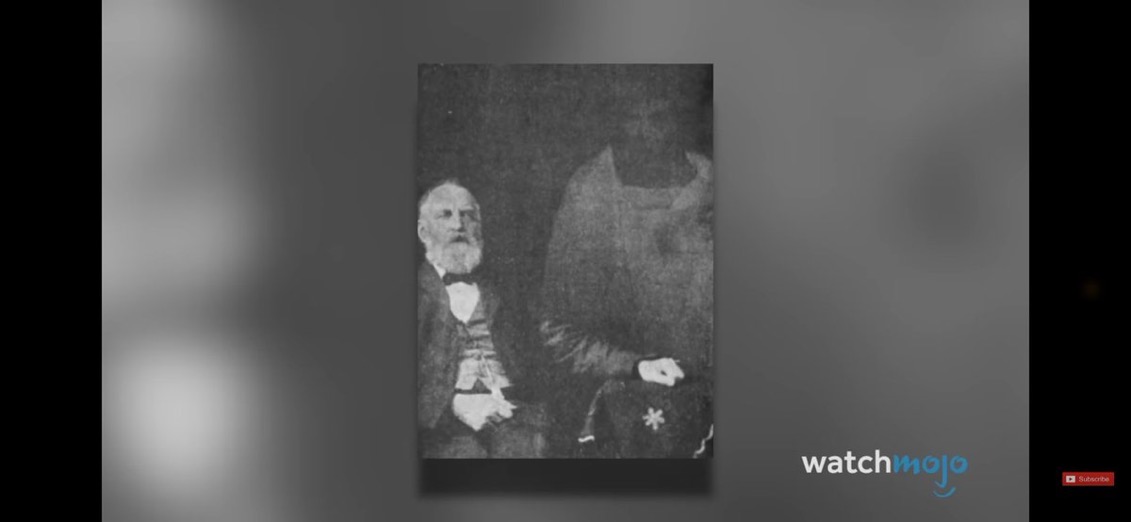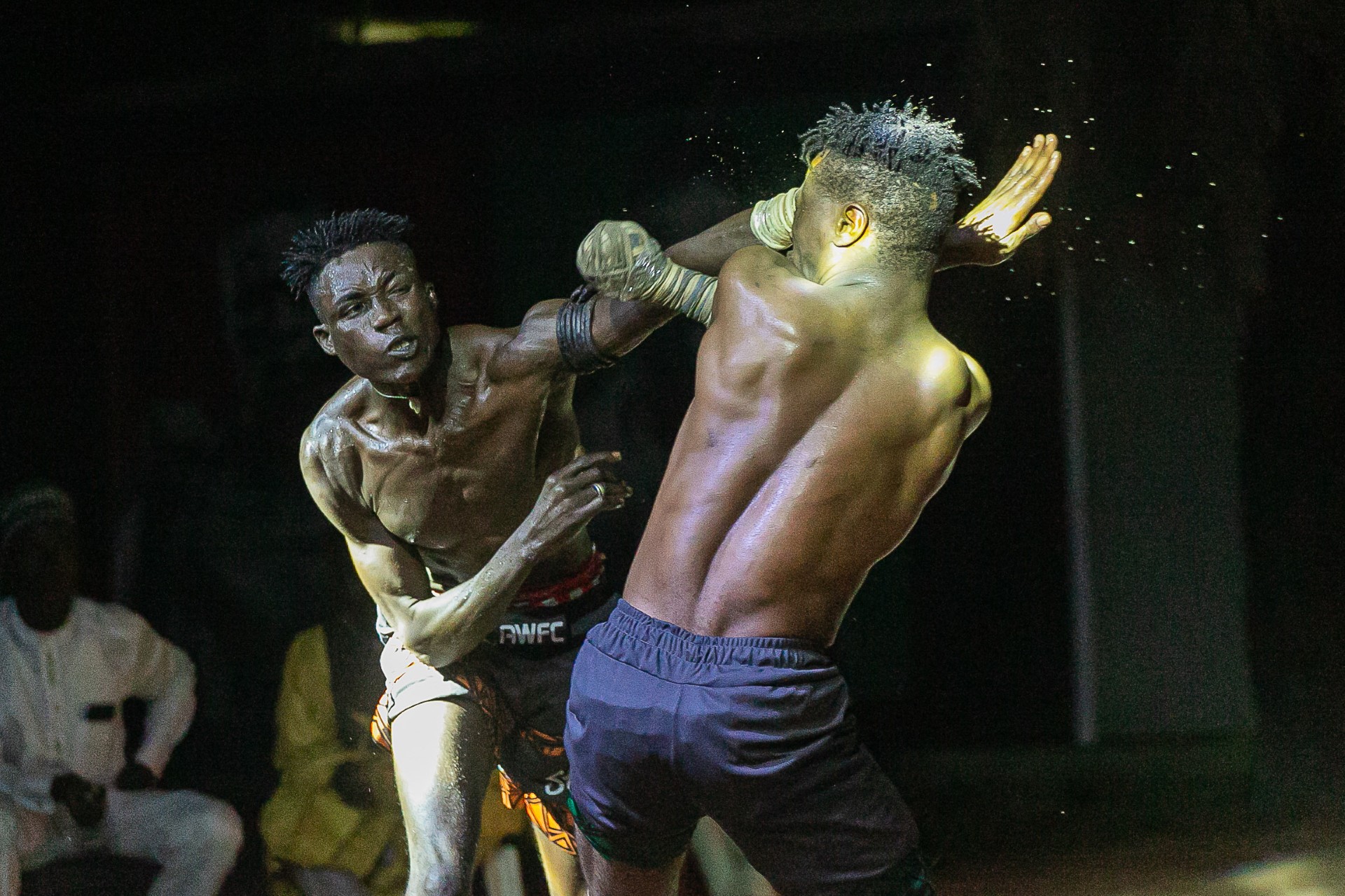How I Survived My First Mother Tongue TV Interview
It’s just an interview, I tell myself. After all, I’ve done several in the past, be it for print, TV, radio, or podcast. So the one I did last month was nothing new.
Right?
Wrong!
It was arguably the most challenging interview I had to wrestle with.
Why?
I had to do it with my least comfortable language of communication – Mandarin, my mother tongue!

All through my schooling years, I’ve never had a good teacher when it comes to Mandarin. That’s right. All 12 years, from 1977 to 1988 to be precise. Those years hold memories of my supposed mother tongue* I wish I could erase.
*[Strictly speaking, my actual mother tongue — or I should say father tongue since ethnic Chinese lineage traditionally follows the patriarchy not matriarchy — is Hockchia, one of the many dialects found in China]
Yep. Those years of learning Mandarin were really that bad.
Nearly to the person, every single one of my Mandarin teachers from primary school to secondary school to junior college were either unkind, harsh, intolerant or downright dismissive of my lack of command of the language. I left nearly every lesson feeling lost and useless, having no clue what happened in class and how to improve my command of my supposed mother tongue.
And worse, I typically come away feeling that my teachers see me as nothing more than a lame excuse for an ethnic Chinese!
But the truth is that language is a living, breathing organism and it thrives best when it’s immersed within its own ecosystem.
That’s not the case in my country.
Our lingua franca has always been English because it’s the language of international commerce and the language that connects the different races that reside here. The different races being Chinese, Malay, Tamil and Eurasian/Mixed (which basically refers to anyone not from the other three).

True 360 degree command of any language can only come from daily use and being immersed regularly in the environment. Simple enough when you belong to a monolingual society.
Unlike mine.
Here, in order to be understood by a general population that is mixed, you need a common language that unifies and bridges the divide across cultures and traditions.
That would be English.
Of course, each culture/race will, within their own communities, practise their mother tongue (MT). And, like me, most of us are generally able to read most words in our MT and understand it when heard. Called Receptive language skills, reading and listening are the ones that are typically the easiest to pick up for anyone learning a language.
It’s the Productive language skills — writing and speaking — that are the bigger challenges when it comes to mastery of any language.
Those take longer to build and develop. Those happen best only if one is embedded deep within a community or socio-cultural environment that uses it exclusively. And those thrive only if there is support and encouragement to develop them.
Unfortunately, I had none of these essential ingredients. Or so I thought to myself for much of my life.
Since surviving the TV interview last month, I’ve had a rethink of my position on this perceived inadequacy.

In the lead-up to the interview day, I did what anyone would do in this day of high tech and AI.
After receiving in advance the questions posed by the Chinese news media channel, I turned to ChatGPT and Google Translate.
Within seconds, I had the translation on hand (including options like hanyu pinyin and an audio version) to help me.
All I had to do was memorise the script and regurgitate it during the interview.
Easy I thought.
Until I started trying, and realising that I’m bad at memorising prepared lines! Blame it on my age or how, in all my communication skills classes, I discourage students from memorising their script but to instead memorise ideas.
Either way, I simply couldn’t do it!
What kept getting in the way were tucked away memories of how words combine and sound together in my MT. Syntax. Idioms. Collocations. Stuff I thought I didn’t acquire but actually did. Unconsciously.
Even more important was the fact that I actually have basic conversational abilities, and a certain level of fluency in speaking that I never thought was good enough. Yet for a casual pre-recorded interview like the channel producer assured me it would be, I actually had enough to get by.
Credit also goes to my wife, who has a stronger command of our MT than I did. Having herself fielded interviews in Mandarin before (in the course of her profession as a social worker), she assured me that the best way to tackle these is to keep the answers simple and to the point. No need for fancy vocabulary or doctorate-level discourse.
In short, focus on what I know and (like what I tell my students) the words will flow.
So, armed with all that sound advice, and listening to mandarin songs all the way to the interview venue, I survived my first ever Mandarin TV interview on 28 May 2025!
Still, I’m crossing my fingers and hoping when they telecast it a week from now, no one who knows me will be watching!!













